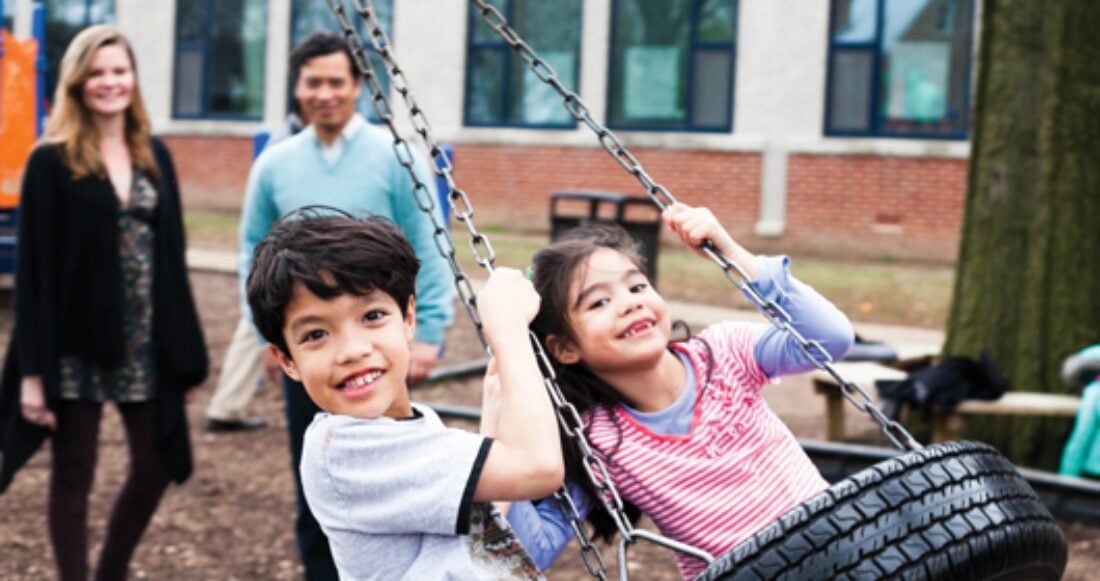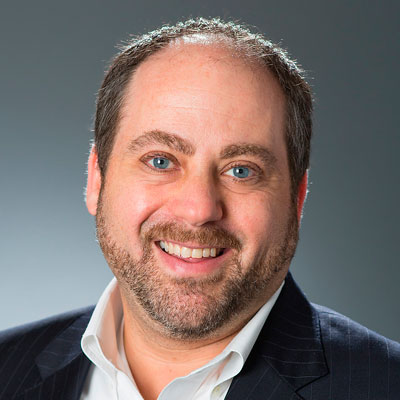Five Questions with Casey: Rob Geen and the Importance of Family


As director of policy reform and advocacy, Rob Geen is responsible for designing and implementing the Casey Foundation’s advocacy strategy on child welfare, juvenile justice and evidence-based practice. He joined Casey in 2008.
Recognized as one of the nation’s leading child welfare researchers, Geen previously spearheaded public policy and child welfare work at the Washington D.C.-based research center, Child Trends. His earlier career path includes stops at the U.S. House of Representatives Committee on Ways and Means, the Child Welfare Research Program at the Urban Institute and the U.S. Government Accountability Office. Geen, a University of Chicago alumnus, holds bachelor’s and master’s degrees in public policy.
In this “Five Questions” edition, Geen discusses findings from the KIDS COUNT Policy Report, Every Kid Needs a Family, released May 19, 2015.
Q1. Foster care has always been an important issue for Casey, and KIDS COUNT has released reports on this topic several times in recent years. Why is this still a critical topic for states?
These kids are caught up in a complex system that often doesn’t keep them in the family settings they need. States need to ensure that agencies that come into contact with children collaborate better to successfully serve them.
Q2. You have led research that highlights the importance of kin in foster care placements. Are systems starting to recognize the critical role that these family members play?
While I definitely see attitudes changing on kinship care, the system was not designed with kin in mind. We have had to try to retrofit it so that people at every level — administrators, judges, lawyers, caseworkers and others — are asking how they can help a child move toward a family setting. What we have found is that when birth parents cannot care for a child, relatives can offer an existing relationship and connection to his identity and culture, making an eventual return home easier. As a result, we see rates of positive experiences are highest for children who live with kin and lowest for children who experience group placement.
Q3. What is the single most important thing a caseworker for a public system can do to get a child into a family?
The most important thing is to avoid severing the relationship in the first place. Even when a child cannot remain with family, kin should always remain involved. If caseworkers and system officials took the “What would I do if it were my child?” test, they would automatically understand the importance of these family ties.
Q4. Casey is supporting a unique collaboration among organizations that represent the views of kinship, foster and adoptive families. What does the Foundation feel that this group can add to conversations about foster care reform?
In the last decade, we have seen growing momentum at the system, policy and program level in serving youth aging out of foster care. This relates directly to lessons learned from the Jim Casey Youth Opportunities Initiative, which engages these youth in advocacy and leadership roles to promote policy reforms.
We need to have a similar mechanism for foster parents and birth parents. There is a belief that we have too few people who want to step up and be foster parents. Yet, recruitment can be very successful when caregivers know that they will have access to vital training, services and encouragement. We need their voices, input and advocacy in designing strategies to meet their needs.
Q5. KIDS COUNT reports have historically aligned with emerging conversations in the field and provided key data on topics that are important to kids and families. What is your hope for this report?
This report should be a wake-up call for how we care for our most vulnerable youth. We should not have to wait until something tragic happens to a child in foster care, and enormous media attention requires action at the governor’s level. This report demonstrates a clear need for policies that support the fact that children do best in family settings. We want to spark more movement toward preventing placements, diverting placements rooted in behavioral issues, supporting kinship care and improving short-term residential treatment when it is necessary. We have to be up front that we can do so much more to ensure more children in the care of the child welfare system are growing up in families. We have examples of exceptional leadership and innovation in both the public and private sectors — proving every day that it is possible to place more children with families. If all communities follow the lead of our best, many children’s lives will improve today and for their future. Every kid needs a family, every kid deserves to have a family.





